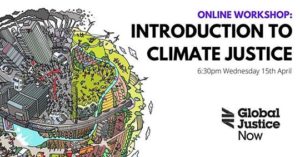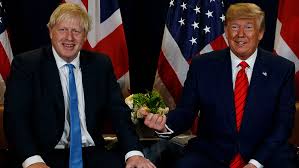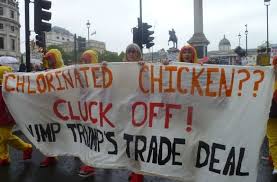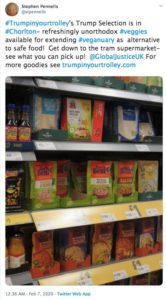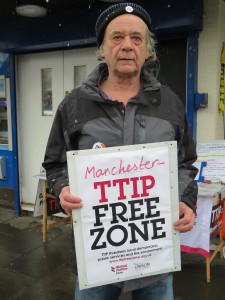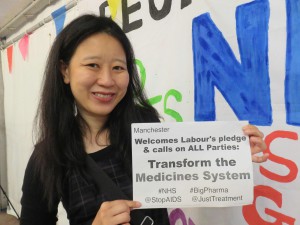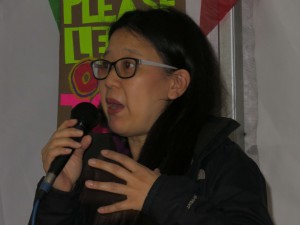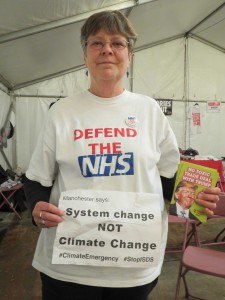 We are organising an on online webinar to explore the effects of COVID-19 on global poverty, with a particular emphasis on international debt. Speakers will include:
We are organising an on online webinar to explore the effects of COVID-19 on global poverty, with a particular emphasis on international debt. Speakers will include:
Eva Wilkinson (Jubilee Debt Campaign) will talk about the pre-existing Debt Crisis, how the emergency has been exacerbated, the initial NGO challenge to G20 and International Financial Institutions’ responses, and future threats relating to debt.
Dotty Guerrero (Global Justice Now) will examine broader economic issues threatening a sustainable future that are often overlooked by our media.
Greater Manchester has links with communities around the world and a long history of challenging economic injustice; what can we do in Manchester and wherever we are now?
The pandemic is hitting the poorest hardest and threatens to increase inequalities. As the initial shock of the pandemic passes fundamental decisions are being taken which have long-term implications with scant regard for justice and democratic accountability.
As secret trade talks get underway again what sort of economy is proposed for the UK, and how will it hit people here and in the Global South?
